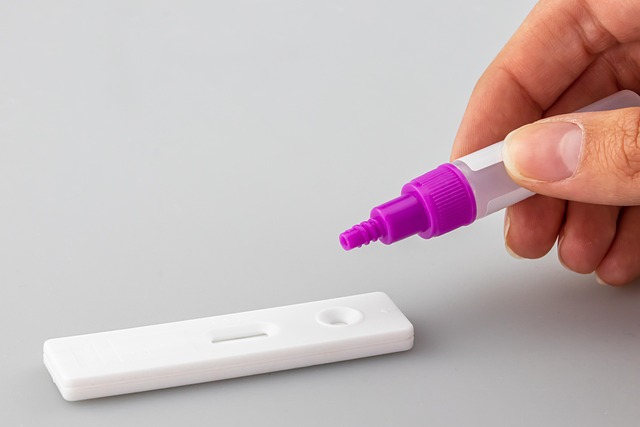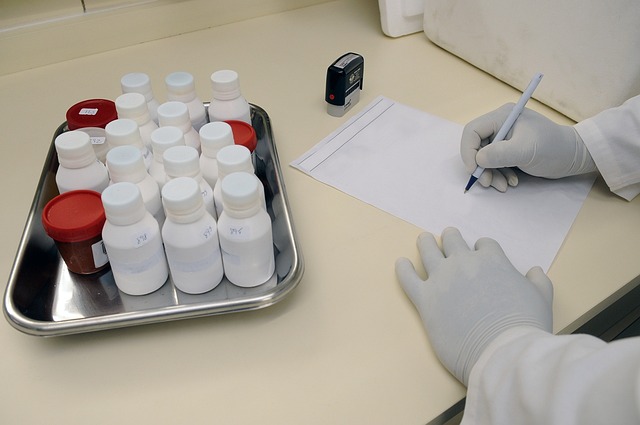In the ever-evolving field of diagnostics, few areas have experienced as much transformation as the realm of hearing tests. With the rise of technological innovations, the traditional methods of assessing hearing capabilities have been revolutionized, leading to not only enhanced accuracy but also improved accessibility for individuals around the globe.
Gone are the days when a simple tuning fork was the go-to tool for gauging auditory function. Today’s hearing tests leverage advanced technology, including artificial intelligence and machine learning algorithms. These innovations allow for personalized assessments that can cater to individual hearing needs, ensuring that each test is as accurate and informative as possible.
Smartphone applications now enable users to conduct preliminary hearing screenings in the comfort of their own homes. This convenience lowers the barrier to entry for many who may have hesitated to seek professional evaluation due to time or mobility constraints. These apps can offer valuable insights and determine whether a more comprehensive hearing test is necessary. The new approach not only encourages proactive health management but also fosters a greater public awareness about the significance of hearing health.
Innovations in diagnostic equipment have also paved the way for more sophisticated hearing tests. Audiometers, once bulky and complex, are now compact and user-friendly, enabling practitioners to conduct tests in diverse settings, from clinics to community centers. These advances not only facilitate easier access to testing but also expand the reach of audiologists, allowing them to serve a broader population.
Health innovations are crucial in addressing the increasing prevalence of hearing loss, particularly among aging populations. Research has shown that early detection through improved hearing tests can lead to timely interventions that significantly enhance quality of life. By integrating hearing assessments into routine health check-ups, practitioners can identify potential issues before they develop into serious concerns, ultimately fostering a culture of preventive healthcare.
Furthermore, the social impact of these innovations is profound. Hearing loss often carries emotional and psychological ramifications, affecting communication and relationships. With advancements in diagnostic technologies, individuals can receive the timely support they need, thereby improving not only their auditory health but also their overall well-being. Communities are beginning to recognize the importance of integrating hearing health into general health discussions, further normalizing the conversation around diagnostic testing.
As we embrace these innovations in diagnostics, it is crucial to remain informed and proactive about our hearing health. The advancements in hearing tests reflect a growing understanding of the intricate relationship between auditory function and overall health. These innovations provide a pathway to a future where everyone has access to the tools they need to maintain their hearing health, paving the way for richer experiences and connections in our daily lives.




